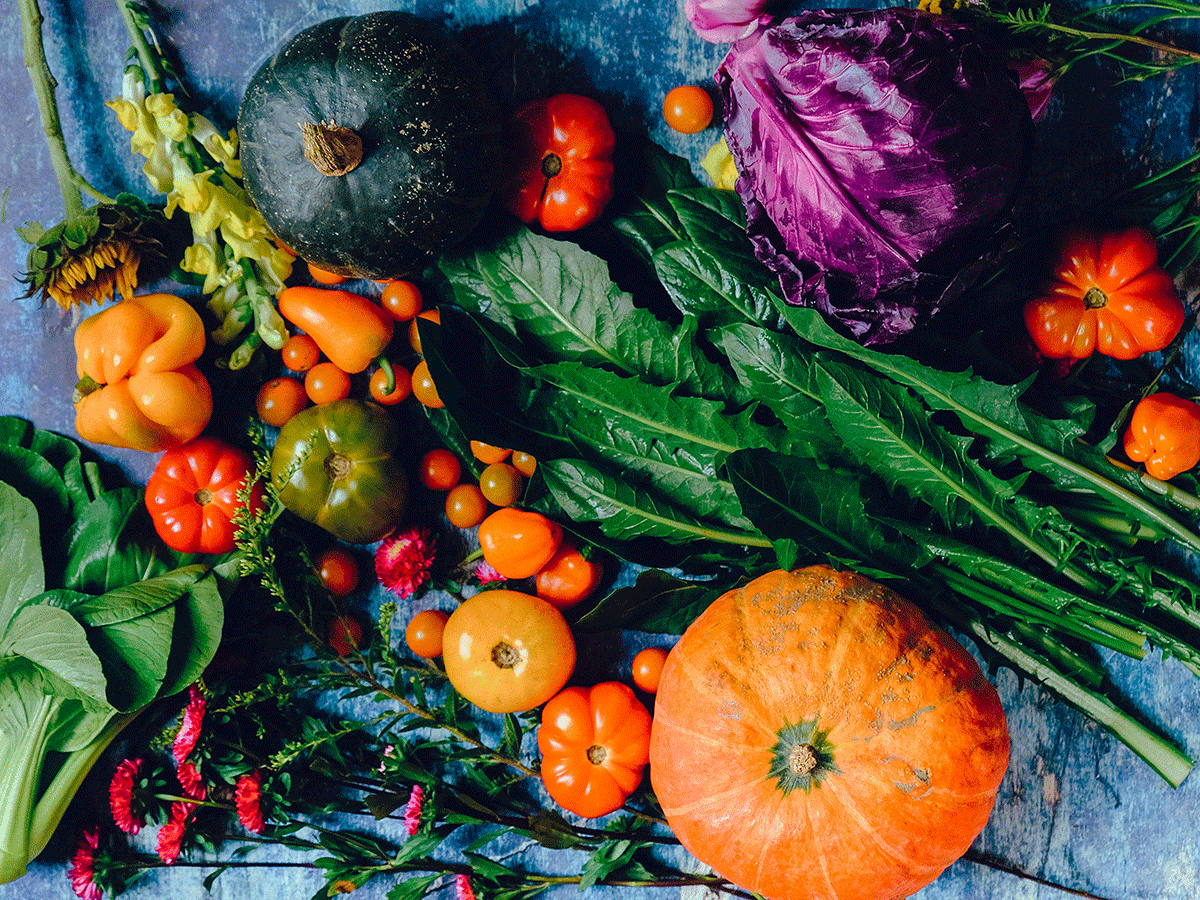14 Foods You Shouldn’t Keep in the Refrigerator
Not all foods should be kept chilled! From veggies and fruits to condiments and beverages, here's what not to refrigerate.

Onions
Store unpeeled onions in a cool, dry, well-ventilated location. The National Onion Association in the U.S. says unpeeled onions require air exposure to ensure optimum shelf life, so discard their plastic bags. Peeled onions are the exception—keep them in the fridge in a covered container.
Pumpkin
Pumpkins require a well-ventilated location that’s also dry, dark and cool such as the basement, according to the CPMA.
Whole melons
“Antioxidants in foods, including melons, are prone to degradation if they are not stored properly,” says Desiree Nielsen, a Vancouver-based registered dietitian. She suggests leaving whole melons on the counter at room temperature to maintain these antioxidants. For sliced melon, cover it and keep it in the fridge. (Try our Scallops, Shrimp & Melon salad.)
Garlic
Never store garlic bulbs in the fridge; the CPMA says they can begin to sprout. Instead, store them in a dry, dark place.
Potatoes
Spuds should be given a dark, cool and dry space, according to the Potato Growers of Alberta. Remove potatoes from their plastic or paper bags, and keep them unwashed in a well-ventilated cardboard box. If you wash potatoes before storing them, the moisture can spark decay.
Honey
The Ontario Beekeepers’ Association advises storing honey in a tightly closed container at room temperature in a dry place. Honey’s acidic pH and sugar content keeps any spoiling microorganisms at bay. Refrigerating it can cause crystallization, making it hard to spread. Honey will store in your cupboard for an indefinite period of time. (Here’s why you should always have honey in the pantry.)
Whole tomatoes
The Ontario Greenhouse Vegetable Growers say cold air can turn tomatoes‘ flesh into mush.
Apricots, Bananas, Kiwi, Peaches, Plums and Mangoes
Keep these fruits on the counter until they ripen—they will retain nutrients better, says the Canadian Produce Marketing Association.
Coffee
Ground coffee and beans need airtight containers and a cool, dry and dark spot to retain their flavour and freshness. Freeze large amounts that won’t be used immediately. Wrap it in airtight bags, and store it for up to a month in the freezer.
Next, learn which foods shouldn’t be stored together.




